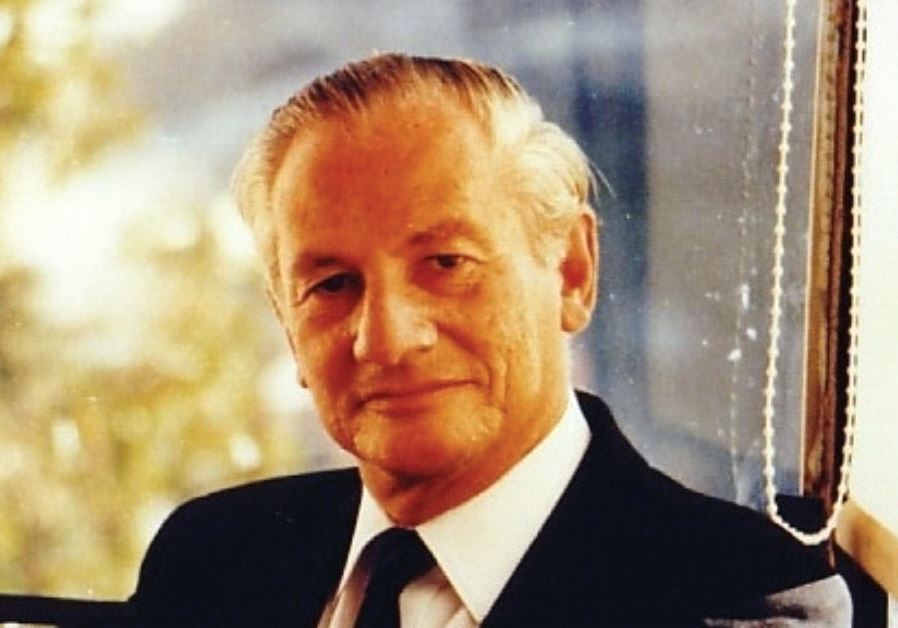Honoring outstanding contributions
Former Supreme Court Justice and founding EMET prize committee chair Gabriel Bach recalls his involvement in historic Eichmann and Demjanjuk trials.
 Former Supreme Court Justice Gabriel Bach(photo credit: Wikimedia Commons)
Former Supreme Court Justice Gabriel Bach(photo credit: Wikimedia Commons)